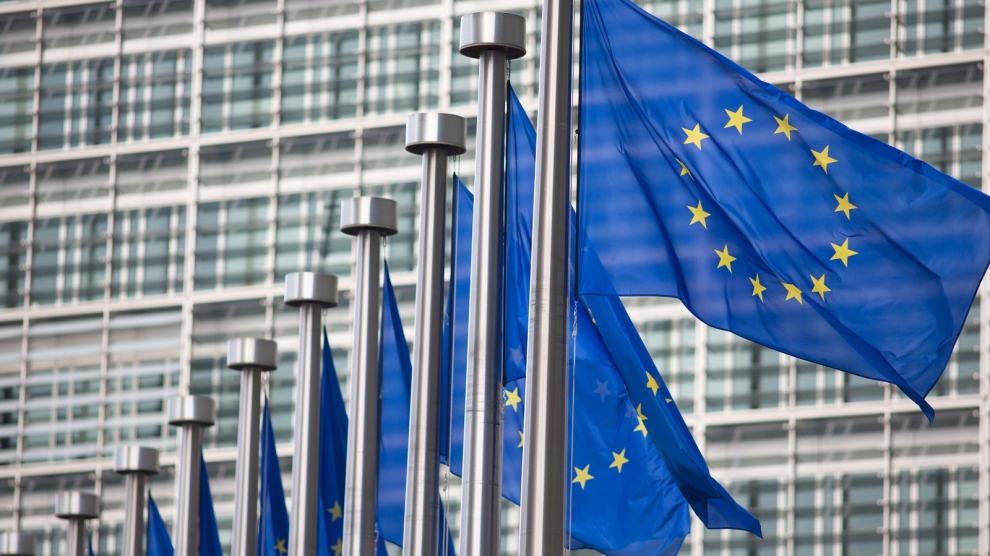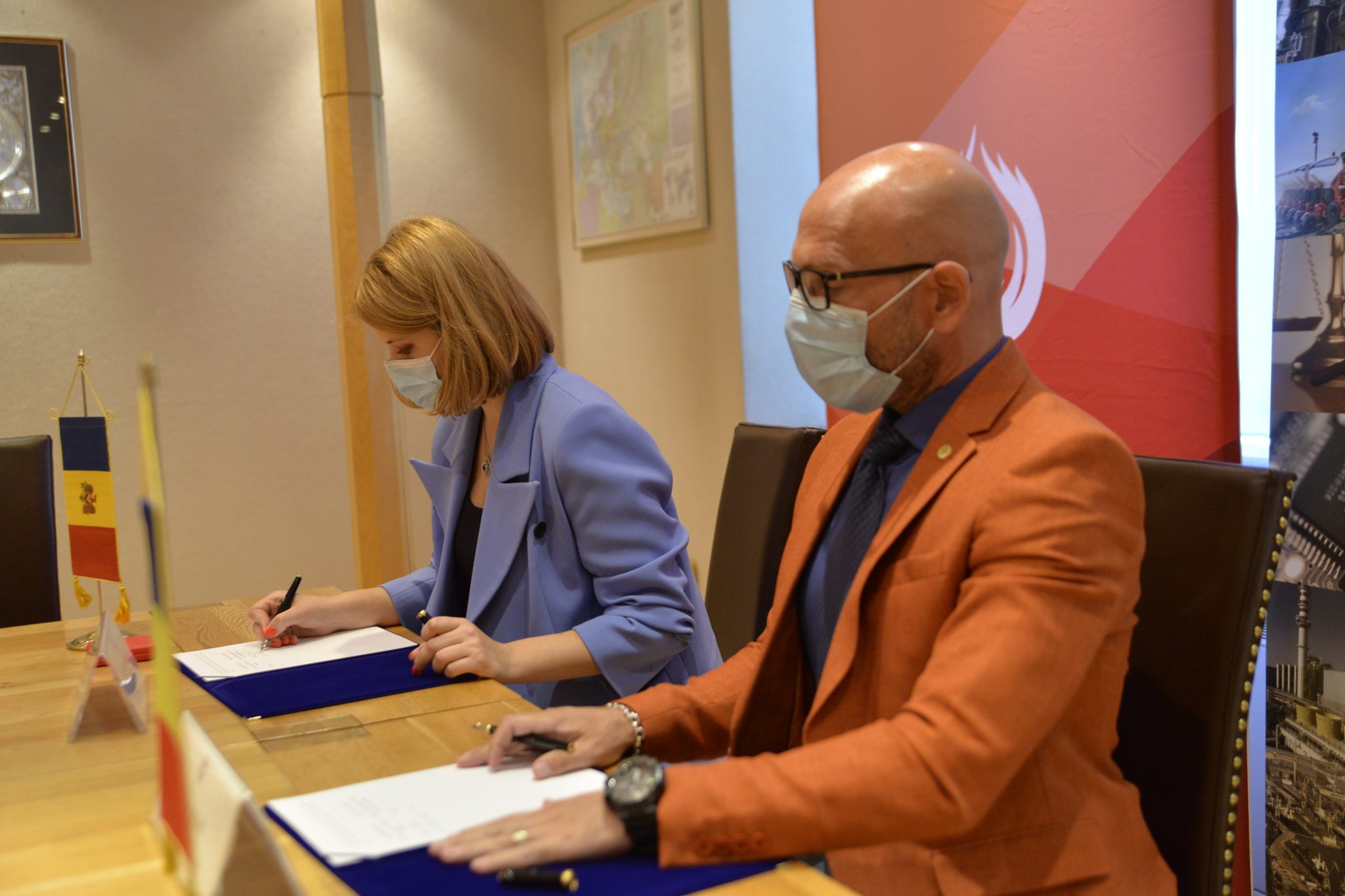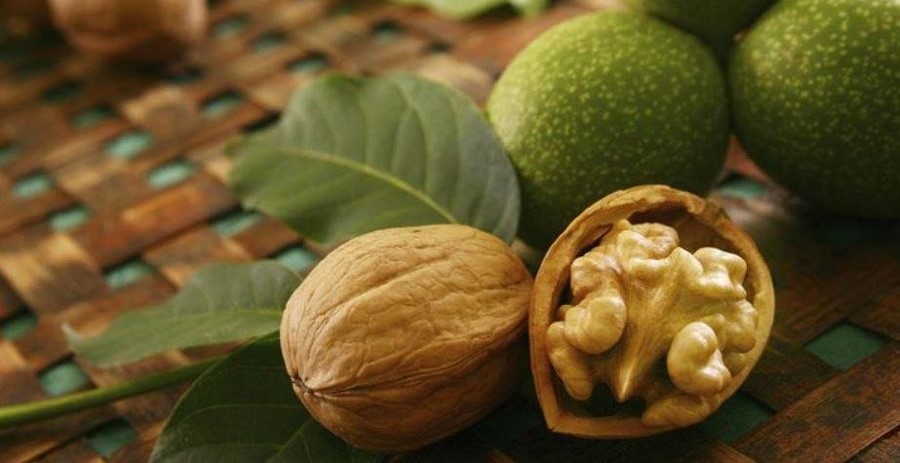Economy
Introduction of zero rate tax on income will reduce positive effects of the initiative on capital amnesty
Reading Time: 3 minutesThe experts of IDIS “Viitorul” believe that only the financial resources held by the companies, resources which are not included in the official statistics, can be settled by the policy on the amnesty
The experts of IDIS “Viitorul” believe that only the financial resources held by the companies, resources which are not included in the official statistics, can be settled by the policy on the amnesty of the capital. The rest of assets held by the economic entities can be considered an “increase of the capital”.
According to the Fiscal Code (article 37), the increase of the capital is recognised, thus taxes are collected only at the moment of the sale, exchange etc. Until this moment, the state can not interfere and should not be encouraged to involve in the economy, because it will introduce major distortions in the functioning and arrangement of the business environment. According to the experts, the only way to accelerate the capitalisation of assets held by the economic entities of Moldova would be by positively stimulating them with economic instruments. For example, the tax paid for capitalisation should be compensated by reducing the share of the income tax paid as a result of the value of legalised assets deducted from the taxable income.
According to the cited source, it is crucial for Moldova to maintain (at least for a period of twenty years from the start of the amnesty) the income tax for the economic entities. In the case of clear rules, they will be able to estimate correctly the benefits and costs of the legalisation. The introduction of the zero rate tax on income for the legal persons will totally dishearten the companies, which want to proceed to amnestying their capital. The conclusion of the experts is that the initiative on the introduction of the zero rate tax on income will reduce the positive effects of the initiative on the amnesty of the capital.
“Increase of the capital”, and not “capital amnesty”
According to experts, the best way to promote a possible amnesty policy in the field of material assets could be “increasing the capital”, and not “amnestying the capital”. In this way, the state is not accusing and is not suspecting anyone of the illegal origin of certain material assets. Moreover, even those who purchased legally properties will be motivated to use the policy related to the increase of the capitalisation, with a view to obtaining income tax exemptions in the future. The change brings benefits of image to the state and its good intentions. Another argument which would encourage economic entities to declare the increase of the capital is the possibility of softening it and respectively to perform deductions form the taxable sum. In case the income tax will be set at a zero rate, the necessity of carrying out this action simply disappears.
The income tax for the legal persons in Moldova is lower than South-East Europe’s average and is much lower compared to the EU member countries. The experts consider that, in light of this situation, the decision of the authorities of Moldova to set the zero rate tax on income for the legal persons will negatively differ from the fiscal models applied in the region and on the continent, without ensuring more regulatory stability.
Moreover, the Action Plans signed by Moldova and its Western partners are especially referring to a different series of priorities for the improvement of the business environment: preventing and combating corruption, easing the regulation system, improving the legal system and reducing the interference of the state in economy, which does not mean using wrong tax policies, without any positive impact on the economy. In case the authorities will approve such a policy, the experts foresee that the fiscal burden will shift more and more from the real economy to the consumption sector.
In the case of introducing the zero rate tax on income for the legal persons – wrong and economically unjustified action -, the experts say that imports will increase, and the lack of local production will be more serious. The value added tax for the import of equipment was introduced in 2005. These actions stimulated the short-term businesses, which diminishes competitiveness and modernisation of economy. According to the experts, this tax policy has changed the priorities in economy: the tax is applied until the moment the business is performed (Value Added Tax) and not after (income tax). A real stimulant for the sustainable economic growth would be according to the experts, the introduction of zero rate tax on VAT for the import of equipment.
The tax rate for the capital amnesty differs from country to country, but in Moldova, according to the present state of affairs, this share can not exceed 3%, the experts say. // Info-Prim Neo
Economy
Moldova will receive a disbursement of 36 million euros as part of the the Economic Recovery Plan

This week, the European Commission approved the disbursement of 36 million euros in grant money for the Republic of Moldova. The announcement was made by Deputy Director-General for Neighbourhood Policy and Enlargement Negotiations at the European Commission, Katarina Mathernova, who paid an official visit to the Republic of Moldova between September 13-15, together with Managing Director for Russia, Eastern Partnership, Central Asia, Regional cooperation and OSCE, at the European External Action Service, Michael Siebert.
The EU officials had meetings with President Maia Sandu, Minister of Foreign Affairs and European Integration, Nicu Popescu, Speaker of Parliament, Igor Grosu, Prime Minister of the country, Natalia Gavrilita, as well as key representatives of Government, international financial institutions and the civil society, according to a press release issued by the Delegation of the European Union to the Republic of Moldova.
Beside such topics as the EU-Moldova relations and prospects, the priorities of the reform agenda of the new Moldovan Government, preparations for the Eastern Partnership Summit at the end of the year and the Transnistrian conflict settlement, the officials also discussed the EU assistance in support of reforms and the Economic Recovery Plan for Moldova, which was announced in June with a total EU support of 600 million euros over the next 3 years.
“The first measures under the Economic Recovery Plan will shortly materialize, with the expected disbursement of 36 million euros in grant money under budget support programmes to support the authorities’ efforts to fight against the consequences of the pandemic. Moldova can count on EU’s assistance on its path to reforms and to recovery, bringing tangible results to citizens,” Katarina Mathernova stated.
The plan is based on assistance provided by the European Union through various bilateral and regional instruments, aiming to mobilize the funds in the form of grants, loans, guarantees and macro-financial assistance.
“The Economic Recovery Plan for the Republic of Moldova involves much more, not just this financial support provided immediately. It must help digital transformation, strengthen infrastructure, energy efficiency, education and support small and medium-sized enterprises,” the EU official also said.
As Prime Minister Natalia Gavrilita informed, “The Economic Recovery Plan and the 5 flagship initiatives for Moldova in the Eastern Partnership will directly contribute to the reform and consolidation of institutions, stimulate long-term socio-economic development, bring direct benefits to citizens, and unleash new economic opportunities through promoting the green agenda and digitization. Small and medium-sized enterprises (SMEs) have been hit hard by the crisis. Promoting and diversifying access to finance and reducing collateral requirements will be essential in supporting economic operators. We are grateful to the EU partners who will launch two programs to support 50 000 independent Moldovan SMEs to adapt to the new conditions.”
President of the Republic of Moldova, Maia Sandu, welcomed the decision of the European Union to disburse about 745 million lei in grant money, as the official page of the President’s Office announced. “EU support comes after a long period of freezing of European assistance, caused by former governments. We managed to relaunch the political dialogue with the European Union and resume financial assistance. The Republic of Moldova is gradually regaining the trust of its strategic partners. This European support is also a signal of encouragement for the new Government team in its commitment to clean up the institutions, fight corruption and launch development programs in the country,” said Maia Sandu.
Photo: unknown
Economy
Romania and Moldova signed a partnership memorandum pledging to cooperate in promoting their wines

The Chamber of Commerce and Industry of Romania (CCIR) and the National Office for Vine and Wine (NOVW) of the Republic of Moldova signed, last week, a memorandum of cooperation on organizing joint promotional activities in the markets of common interest, as the CCIR announced.
China, Japan or the USA are just some of the markets targeted by the Romanian and Moldovan institutions. The memorandum also involves advertising activities for wines from common indigenous varieties, promoting the oeno-tourist region, developing a tourist route in the two states, exchange of experience, study visits, and mutual support in identifying new export opportunities. “We are very confident that this collaboration between our organizations will lead to sustainable economic growth and a higher degree of well-being among Moldovans and Romanians,” claimed Deputy Secretary-General of CCIR, Bogdan Visan.
On the other hand, Director of the NOVW, Cristina Frolov, declared that no open competition with Romania is aimed at the governmental level of the Republic of Moldova. “This request for collaboration is a consequence of the partnership principle. Romania imports 10-12% of the wine it consumes, and we want to take more from this import quota. Every year, the Romanian market grows by approximately 2.8%, as it happened in 2020, and we are interested in taking a maximum share of this percentage of imported wines without entering into direct competition with the Romanian producer,” the Moldovan official said. She also mentioned that Moldova aims at increasing the market share of wine production by at least 50% compared to 2020, and the number of producers present on the Romanian market – by at least 40%.

Source: ccir.ro
**
According to the data of the Romanian National Trade Register Office, the total value of Romania-Moldova trade was 1.7 billion euros at the end of last year and over 805 million euros at the end of May 2021. In July 2021, there were 6 522 companies from the Republic of Moldova in Romania, with a total capital value of 45.9 million euros.
The data of Moldova’s National Office of Vine and Wine showed that, in the first 7 months of 2021, the total quantity of bottled wine was about 27 million litres (registering an increase of 10% as compared to the same period last year), with a value of more than one billion lei, which is 32% more than the same period last year. Moldovan wines were awarded 956 medals at 32 international competitions in 2020.
Photo: ccir.ro
Economy
Moldova’s hope to be a top walnut exporter and its main difficulties

The Republic of Moldova has perfect weather conditions for growing walnut trees, that creating a great potential of walnut production and trade, especially on international markets, where the demand is way higher than the product’s supply. National and international experts believe that the country’s walnut production industry is on the verge of important transformations, which could lead to increased yields, quality and competitiveness worldwide.
According to authorities, Moldova exports 34-35 thousand tons of walnuts in shell, which is about 7% of the total export of fruit and 5% of the total export of horticultural products. The export value is assessed as being $120 million, that being 57-60% of the total fruit export value and about 50% of horticultural export value. Most of walnut crops are exported to the EU countries, such as France, Germany, the Netherlands, Romania and Austria. The country’s exports were among the world’s top 10 when it comes to the highest dollar value of the product during 2020.
Viorel Gherciu, Minister of Agriculture and Food Industry, pointed out that the production in the domestic walnut industry has increased by 55% in the last five years, which ranks Moldova among the main producers in the world.
“The biggest opportunity for this industry is that we are in the geographical proximity of the largest walnut import area in the world, which is the European Union, with almost 40% of total imports in the world. We are on the EU border, with privileged relations, with an Association Agreement. We already enjoy a good relationship in working with European importers, they trust our processors. A very close collaboration has been created and this is, in fact, the guarantee for those who invest in the area,” claimed the president of the Walnut Producers Association, Oleg Tirsina.
The data provided by the National Bureau of Statistics show that there are 34.7 thousand hectares of walnut plantations in the country. 20.90 hectares are represented by orchards. 75% of planted orchards are formed of old varieties trees. 30-35% of the exported production comes from orchards, the rest comes from individual farmers and plantations along the roads. This means that the quality of walnut production is not at its maximum potential. Developing commercial plantations through orchards modernization and extension of walnut varieties would provide double yield and better quality, experts say.
Governmental support in the form of subsidizing solutions, foreign investments and credit options are indispensable for the industry development. One of the financing options is the credit line of the European Investment Bank Project. Since 2016, 15 producers and processors of nuts, almonds and hazelnuts have benefited from these loans with the total amount of investments worth 8.7 million euros. A further extension of the project would provide another 60 million euros for the modernization of the horticultural sector in general and for harvesting organic walnuts in particular.
Photo: heymoldova.com





















